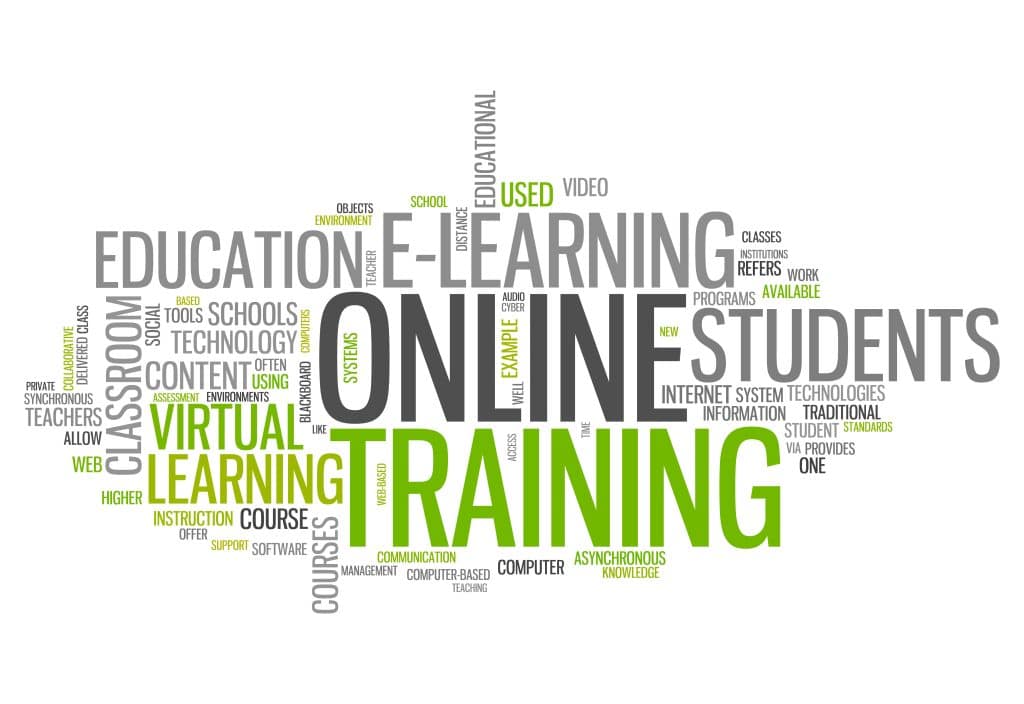Maritime training is crucial for individuals seeking a career in the maritime industry. Whether you are a deck officer, engineer, or a rating, the importance of proper training cannot be overstated. The maritime industry is one of the most challenging and hazardous industries globally, and it requires a high level of skill, knowledge, and experience to succeed.
Maritime training provides the necessary skills and knowledge needed to operate ships safely and efficiently. It equips seafarers with the essential competencies required to deal with emergencies, navigate through adverse weather conditions, and manage the cargo effectively. It also ensures that seafarers are aware of and comply with international maritime regulations, including the International Convention for the Safety of Life at Sea (SOLAS) and the International Maritime Organization (IMO) regulations.
Maritime training helps to reduce accidents and incidents at sea, which can have severe consequences for both the crew and the environment. Proper training ensures that seafarers are aware of and adhere to safety procedures, understand the risks involved in their work, and know how to respond appropriately to emergency situations.
Moreover, the maritime industry is constantly evolving, and new technologies are being introduced to improve efficiency and safety. Maritime training keeps seafarers up-to-date with the latest advancements in the industry, such as electronic navigation systems, engine management systems, and environmental regulations.
In conclusion, maritime training is crucial for anyone looking to pursue a career in the maritime industry. It provides seafarers with the necessary skills, knowledge, and experience to operate ships safely and efficiently. With the high level of hazards in the maritime industry, proper training is essential to reduce accidents and incidents and protect both the crew and the environment.



